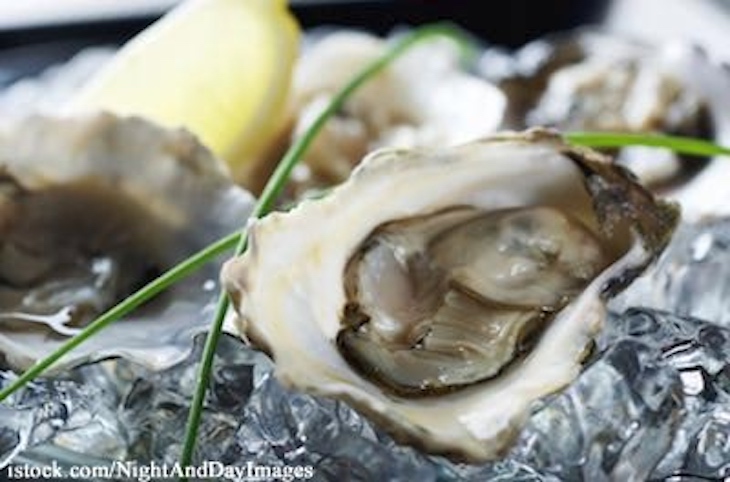Future Seafoods raw oysters are being voluntarily recalled for possible Salmonella and E. coli contamination. The FDA issued a public health warning about these oysters on October 23, 2023, and the company issued the recall a few days later. The recalling firm is Future Seafoods, Inc.

The oysters were harvested from harvest area PE9B on Prince Edward Island, Canada, on October 10, 2023 and were distributed to customers from October 10 through October 16, 2023. All Future Seafoods raw oysters from that harvest area are included in this recall.
Retailers and restaurants should not sell or serve these oysters, and if consumers bought them, they should not eat them. The oysters were distributed to restaurants and retailers in these states: Florida, Massachusetts, Maryland, Maine, New York, Ohio, Pennsylvania, Rhode Island, South Carolina, and Virginia.
Four more states have been added to the retail distribution list since the advisory was issued. They are: New York, Ohio, Rhode Island, and South Carolina. The oysters may also have been sold in other states. The FDA is continuing to monitor the effectiveness of the recall.
Oysters contaminated with pathogens will not taste or smell different, and the appearance and texture will not be affected. These oysters may cause illness if eaten raw or undercooked.
Symptoms of a Salmonella infection can develop a few hours to several days after eating food contaminated with this pathogen. Symptoms include a fever, headache, chills, nausea, vomiting, stomach pain, abdominal cramps, and diarrhea that may be bloody.
Symptoms of a pathogenic E. coli infection can include severe stomach cramps and pain, severe abdominal cramps and pain, diarrhea that may be bloody, fever, nausea, dn vomiting. The severity of this infection depends on the type of E. coli causing the illness. Some infections may resolve within a few days, but Shiga toxin-producing E. coli (STEC) bacteria can cause serious or even life-threatening infections.
If you purchased these oysters, do not eat them, even if you are going to cook them, because of the possibility of cross-contamination. You can throw them away in a secure garbage can or you can take them back to the store where you bought them for a full refund.
If ate these oysters, monitor your health for the next week. If you do experience any food poisoning symptoms, see your doctor.




